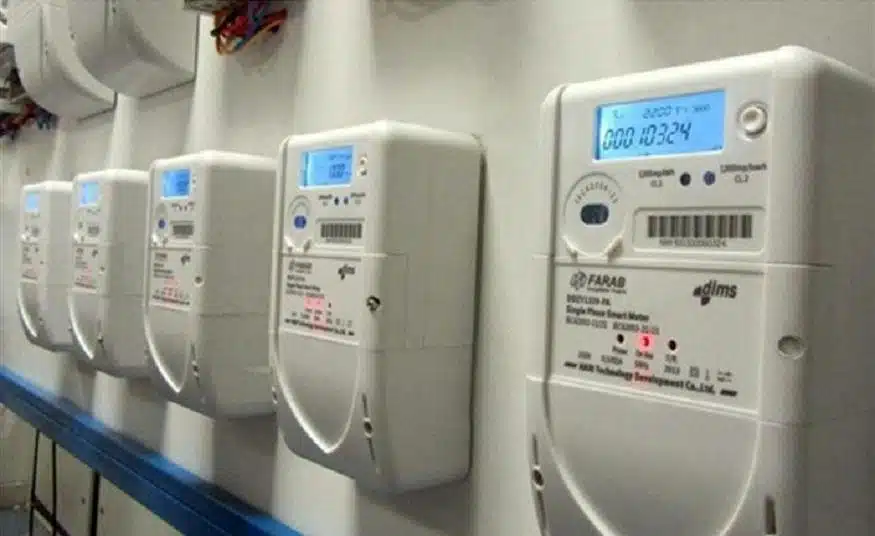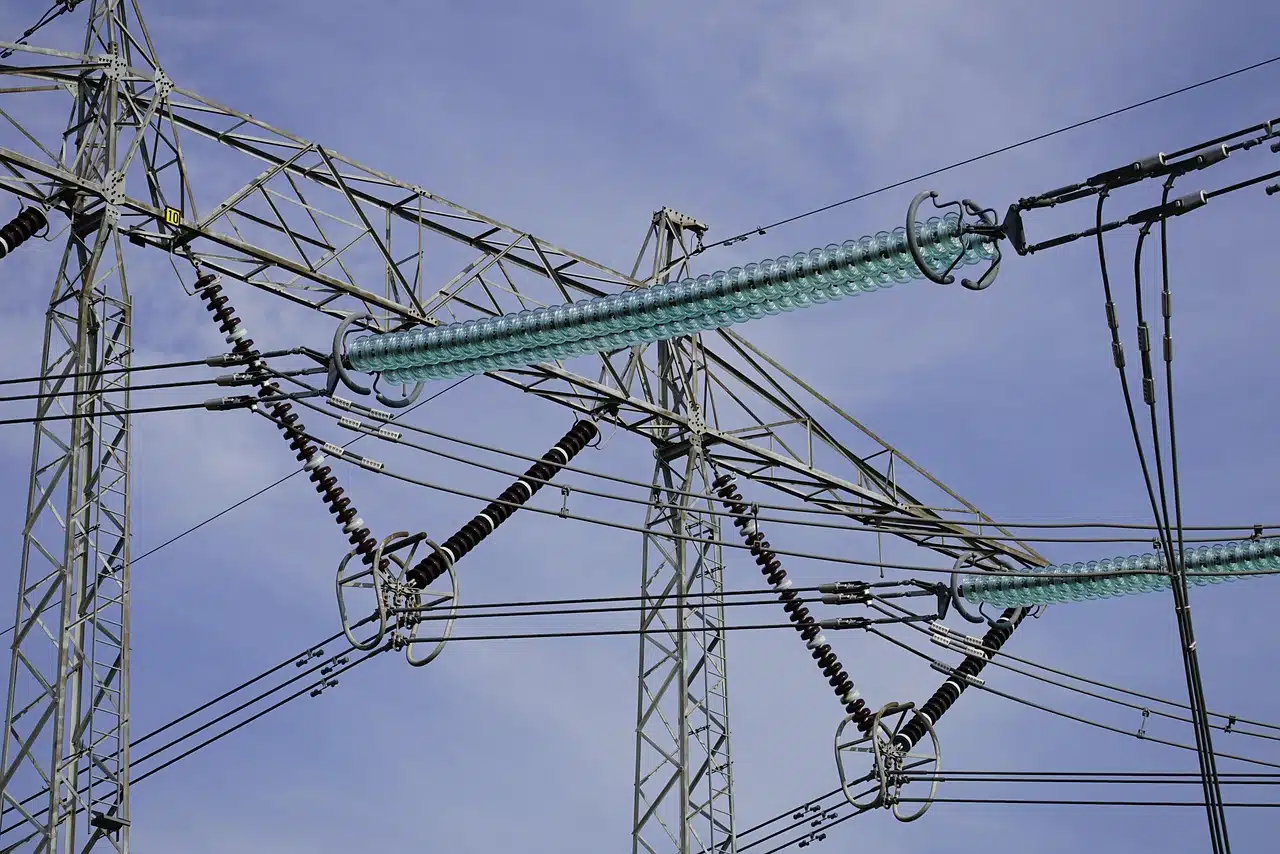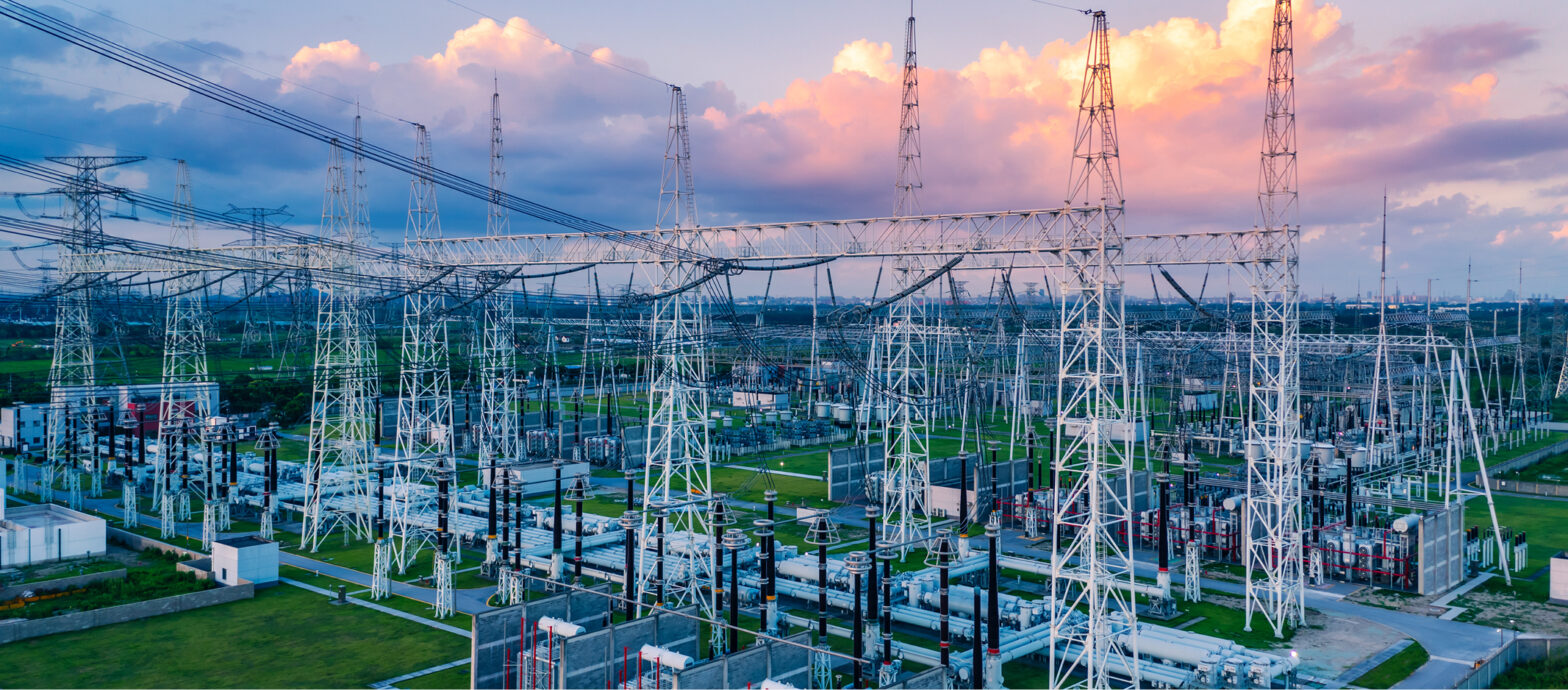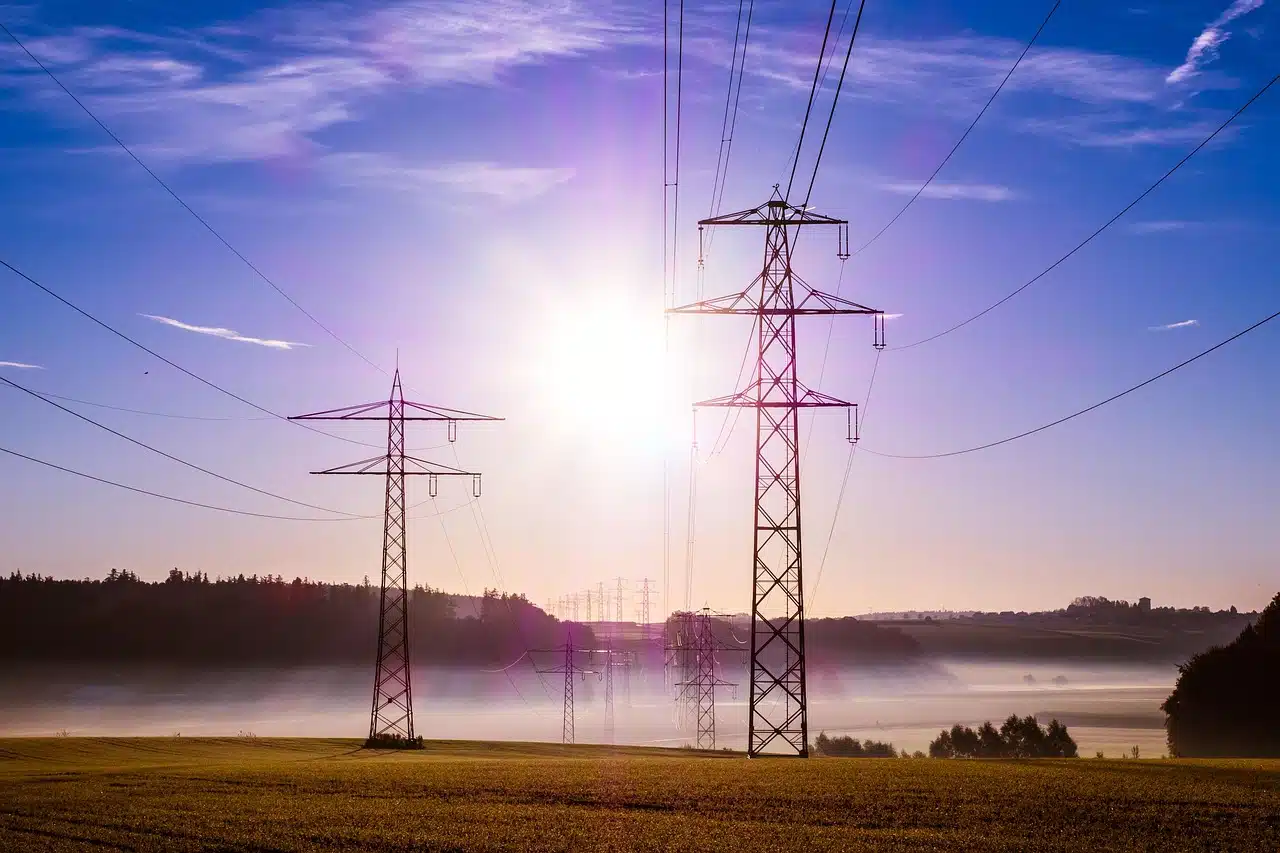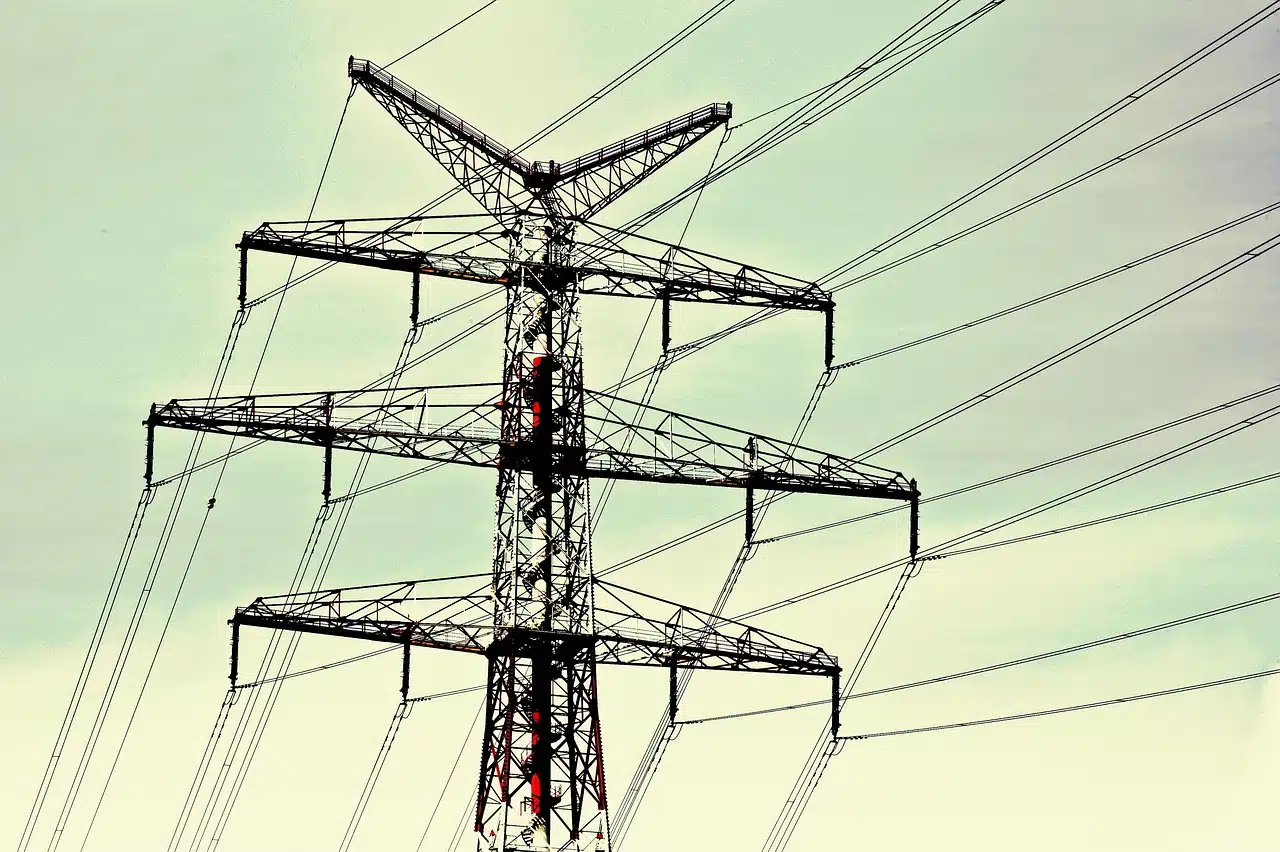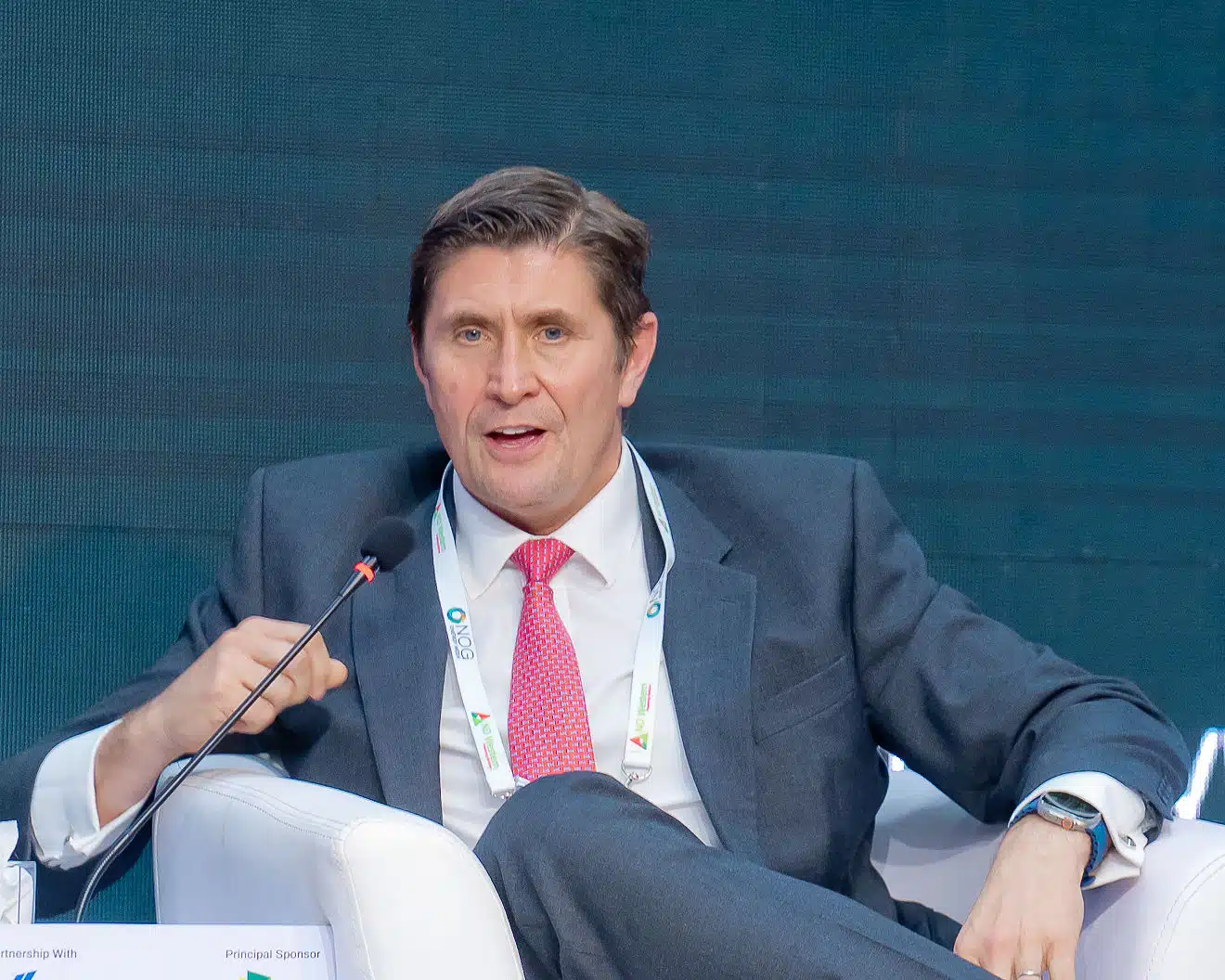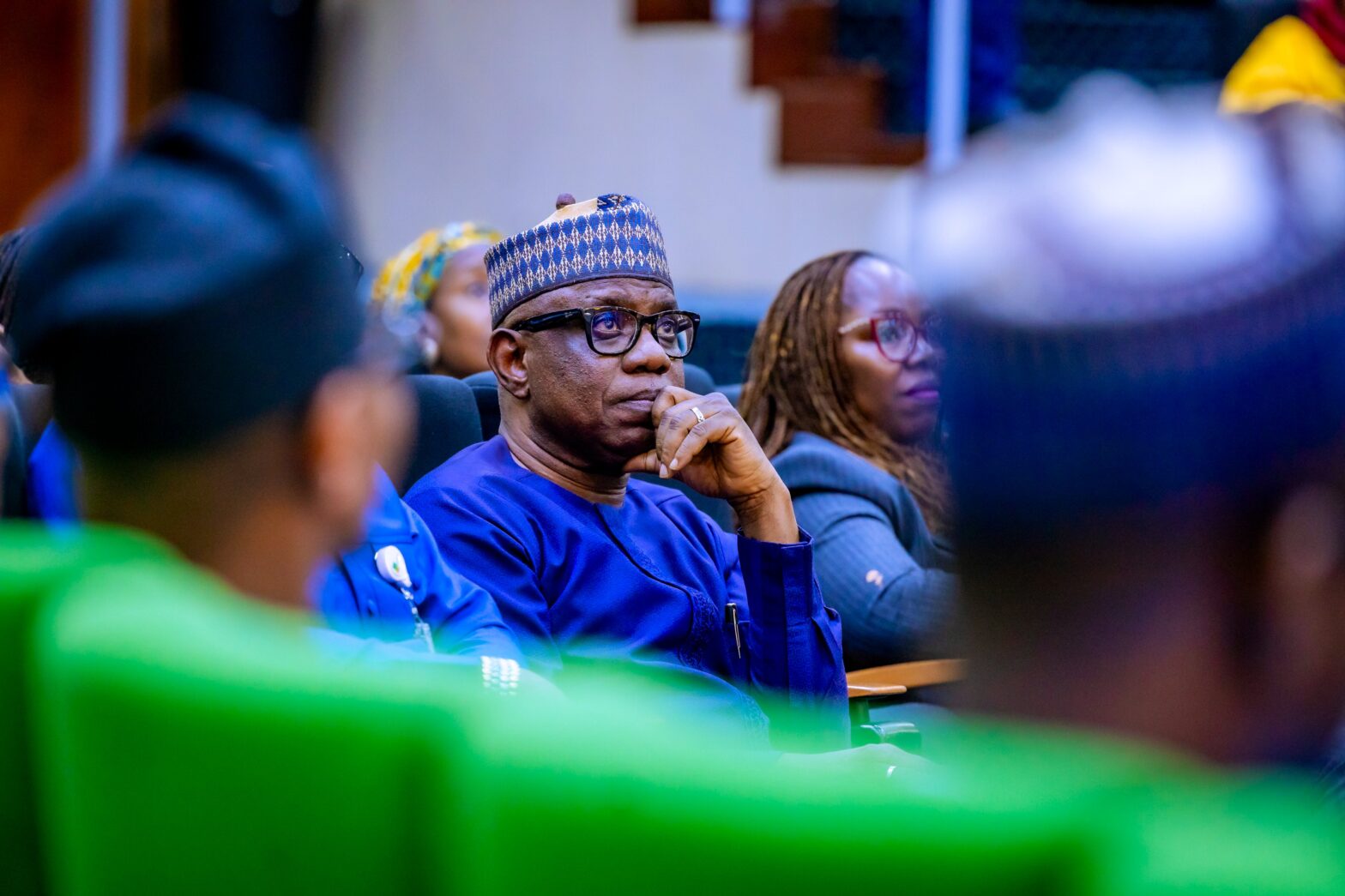The Nigerian government reportedly deployed 5 million meters in the year 2024 to help address electricity challenges and bridge the metering gap.
This is contained in the 2024 Presidency Energy Sector Wrap-Up report seen by Energy in Africa.
The report noted that the meters are deployed in an effort to eliminate estimated billing in the country, bridge the energy gap, and reduce energy losses from 40% to the global average of 15-20%.
Also, the move is meant to improve revenue assurance for the Distribution Companies (DisCos) and other power sector participants.
Estimated billing has been a pervasive challenge with over 5 million Nigerians (45% of registered electricity customers) yet to be metered, leaving them susceptible to being charged arbitrarily for utility service.
In 2024, the Presidential Metering Initiative was launched and N700 billion was earmarked for the project in addition to N120 billion announced earlier.
This robust investment has yielded results with the Federal Government saying that 5 million electricity meters were deployed last year.
However, the Federal Government has said it will begin distribution of meters in the first quarter of 2025.
Commenting on the report, Olu Verheijen, Special Adviser to President Bola Tinubu on Energy said “the cornerstone of the 2024 energy reform agenda was the introduction of financial reforms to address structural issues and enhance grid electrification.”
Nigeria’s power sector grid Challenges
Meanwhile, in 2024 alone, Nigeria’s power grid suffered collapse for a staggering 12 times, disrupting electricity supply to its 200 million population each time.
The frequent service disruptions have left millions frustrated and dismayed at the power sector’s incompetence with the head of Nigeria’s foremost labour union, Joe Ajaero, calling for the resignations of the Minister of Power, Mr Adebayo Adelabu, as well as other power sector officials.
Experts point to ageing infrastructure, insufficient investment, and instances of vandalism as significant contributors to the grid’s instability.
Despite Nigeria’s potential to generate 13,000 megawatts (MW) of electricity, the country struggles to transmit and distribute even a third of this capacity.
Organisations like the Lagos Chamber of Commerce and Industry (LCCI) have proffered solutions to the frequent grid collapses saying that the government should create the needed conducive regulatory environment, extend concessionary credit to operators in that sector, among others.

